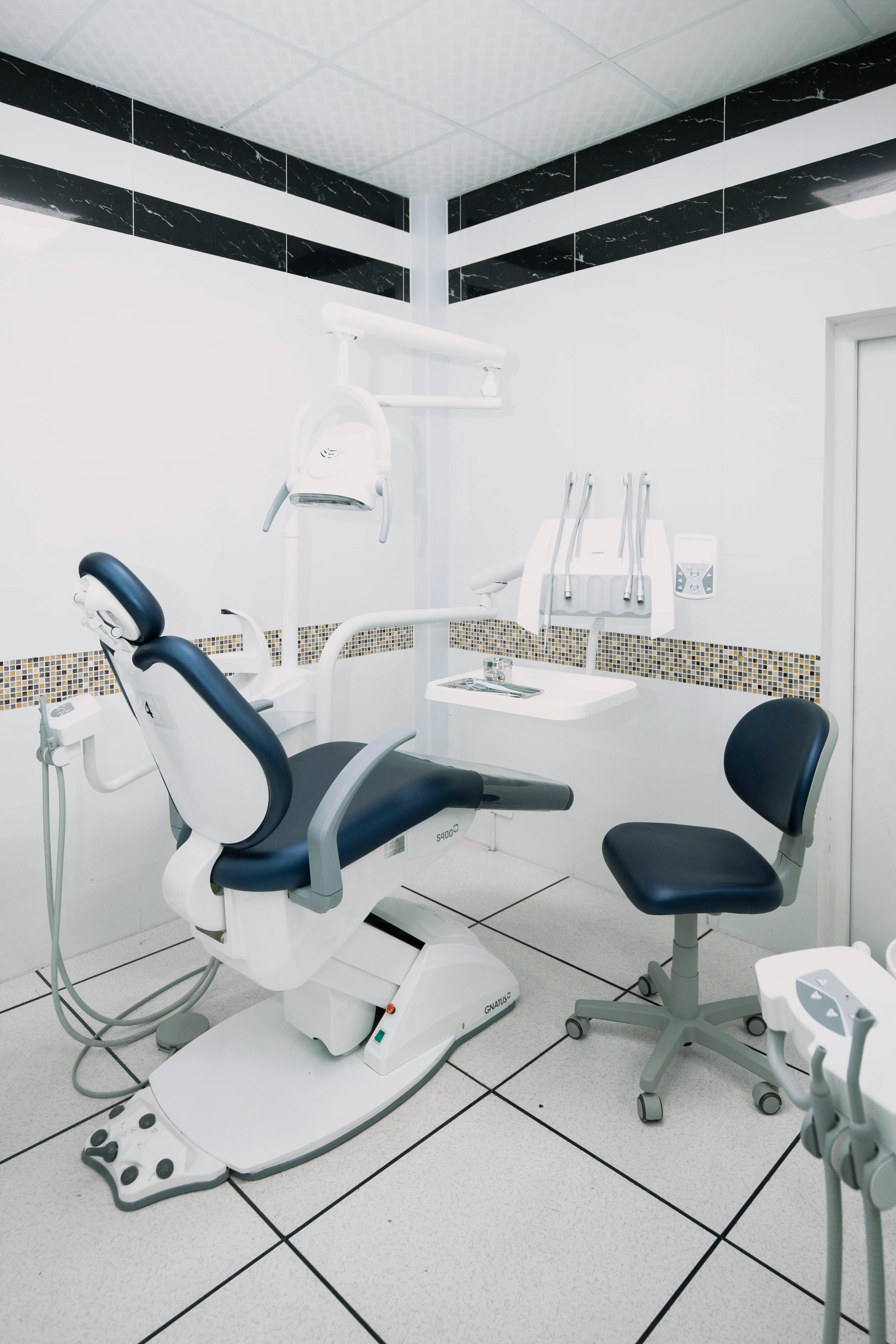
Essential Guide to Betta Fish Water Parameters for 2025
Betta fish are beautiful and vibrant creatures, making them popular pets for aquarists. However, understanding the betta fish water parameters is critical for ensuring their health and happiness. In this guide, we will delve into the essential aspects of water conditions, including ideal temperature, pH levels, water hardness, and ammonia concentrations. Maintaining optimal betta fish water quality not only supports their growth but also enhances their well-being. Whether you’re a beginner or an experienced aquarist, this article will cover everything you need to know about creating the perfect betta fish habitat.
We’ll explore the best practices for managing your betta's aquarium, from setting up the tank to maintaining appropriate water conditions. Additionally, we will provide insights into the significance of regular water testing and changes. Understanding these parameters will undoubtedly improve your betta fish care routine and contribute to a thriving aquatic environment.
By the end of this article, you will have practical tips on how to maintain betta fish water, ensuring your betta fish thrive in their new home. Let’s get started!
Understanding Betta Fish Water Conditions
Creating the ideal environment requires knowledge of the necessary water conditions. Betta fish thrive in specific temperatures, pH levels, and hardness. This section will outline each parameter in detail and explain its importance.
Ideal Betta Fish Water Temperature
The ideal betta fish water temperature typically ranges from 76°F to 82°F (24°C to 28°C). Betta fish are tropical species that require warm water to stay active and healthy.
Maintaining a stable temperature is crucial since fluctuations can stress your fish, leading to health issues. Installing a reliable aquarium heater helps regulate the water temperature effectively. It's also wise to use a thermometer to monitor the aquatic environment consistently.
Keep an eye on seasonal changes as they might affect the temperature of your water source. During the colder months, adjustments may be necessary to maintain stability.
Betta Fish pH Level
The betta fish pH level should ideally be between 6.5 and 7.5. This range maintains an acidic to slightly alkaline environment best suited for bettas. You can test the pH levels using kits available at pet stores or online, which provide accurate readings.
Stable pH is essential; sudden changes can stress your betta fish. If you discover that the pH is too high or too low, there are methods to adjust it through water conditioners or natural plants that help buffer the acidity.
Water Hardness for Betta Fish
Betta fish water hardness should be kept between 5 to 20 dGH (degrees of General Hardness). Soft water can be beneficial as it closely resembles their natural habitat, while too hard water may stress them.
Water hardness can be adjusted using specific aquarium salts or through water changes with distilled or RO (reverse osmosis) water. Regular tests can help ensure the water remains in the desired hardness range, catering to your fish’s needs.
Managing Ammonia Levels in Betta Aquariums
Ammonia is toxic to fish, and keeping betta fish ammonia levels at zero is crucial. The presence of ammonia can lead to severe health issues or even fatalities. Regular water testing helps identify ammonia spikes that may occur due to overfeeding or inadequate filtration.
Implementing a robust filtration system and establishing a proper cycling process will aid in controlling ammonia levels effectively. It's also advisable to perform regular water changes to dilute any ammonia present.
Maintaining Nitrate Levels for Betta Health
While nitrates are less harmful than ammonia, they should be monitored since high levels can stress bettas. Aim to keep betta fish nitrate levels below 40 ppm. Regular water changes can lower nitrate concentrations, and live plants in your aquarium can help absorb excess nitrates.

Setting Up Your Betta Fish Tank
Creating an optimal setup for your betta fish is vital. Consider factors like tank size, filtration, and lighting. This section will guide you through the foundational elements of betta fish tank setup.
Betta Fish Tank Size
Adequate swimming space is essential for betta fish health. A tank size of at least 5 gallons is recommended for a single betta. This allows for enough swimming room, reduces stress, and helps maintain stable water conditions.
Smaller tanks may require more frequent maintenance due to rapid changes in water quality. Larger setups facilitate better filtration and overall stability of the aquatic ecosystem.
Filtration System for Betta Aquariums
Investing in a high-quality betta fish water filter is essential, as it ensures clean water and reduces harmful chemicals. Choose filters designed for smaller tanks, characterized by adjustable flow rates since bettas prefer gentle currents.
Canister filters or sponge filters are popular choices, and ensuring that the filter does not create excessive water movement is crucial for the comfort of your betta fish.
Lighting Needs for Betta Tanks
Proper betta fish lighting enhances the beauty of your aquarium and supports the growth of live plants. Using an LED light that mimics natural daylight cycles helps maintain your fish’s well-being.
Establish light periods of 8 to 12 hours a day to mimic day and night cycles without promoting excessive algae growth.
Essential Betta Fish Aquarium Decor
Providing a well-decorated environment promotes a sense of security for your betta fish. Incorporate items like live or silk plants, rocks, and floating objects that create hiding spots and encourage natural behaviors. Avoid sharp-edged materials that could injure your fish.
Creating a Suitable Substrate
Selecting a suitable substrate for your betta tank can impact the overall aesthetic and health of your fish. Sand and fine gravel are popular choices, offering a soft landing for your betta while being easy to clean. They also support beneficial bacteria that aid in maintaining healthy water quality.
Maintaining Betta Fish Water Quality
Ongoing water quality management is critical for the long-term health of your betta fish. In this section, we will discuss water change schedules, testing methods, and maintenance tips.
Betta Fish Water Changes
Implementing a consistent water change schedule is vital for maintaining optimal conditions. Performing 20-30% weekly water changes can dramatically improve betta fish water quality.
Always condition tap water using appropriate conditioners before adding it to the tank to eliminate harmful chemicals like chlorine.
How to Test Betta Fish Water
Investing in a water testing kit is essential for monitoring key parameters. Regular tests for pH, ammonia, nitrite, and nitrate levels can help you identify potential issues before they affect your betta. Many test kits offer easy-to-follow instructions and color-coded charts for accurate assessments.
Cleaning Protocols for Betta Tanks
Developing a cleaning protocol enhances your tank's health. Siphoning the substrate during water changes and gently cleaning decorations without disturbing beneficial bacteria fosters a balanced environment. Avoid over-cleaning your tank, as it may disrupt the biological cycle.
Signs of Stress in Betta Fish
Monitoring your betta for stress indicators is critical for maintaining their health. Signs of stress may include fin clamping, lethargy, or a lack of appetite. Adjusting water parameters or reducing environmental stressors can often help improve their condition.
Regular Maintenance Schedule
Establishing a routine that includes regular water changes, substrate cleaning, and filter maintenance ensures that your betta fish flourish. Keeping track of this schedule promotes stable water conditions, contributing to the longevity and happiness of your fish.

Common Issues with Betta Fish Water Management
Being aware of potential issues in water management can save your betta from stress and health problems. Here, we’ll discuss frequent mistakes and how to avoid them.
Impact of Poor Water Conditions
Poor water conditions can lead to a number of health issues for your betta fish, including fin rot, ich, and other diseases. High ammonia levels and unstable pH are common culprits that can harm their immune system.
Being vigilant and proactive about testing your water can prevent these adverse conditions from developing, ensuring your betta stays healthy and vibrant.
Adjusting Treatments for Betta Tanks
If you find yourself needing to alter water parameters, be gradual. Sudden changes can shock your betta fish and lead to stress or health problems. Use conditioners and safe methods to adjust pH, hardness, and other parameters gently.
Troubleshooting Water Quality Issues
When issues arise, implement a troubleshooting process. Start with testing water parameters comprehensively, followed by closely observing your betta for any behavioral changes. Consulting resources or a professional can provide solutions tailored to your specific situation.
Developing Community Best Practices
Sharing experiences with fellow betta enthusiasts can lead to enhanced understanding of best practices. Communities can provide support, advice, and resources that might reveal innovative solutions for common water management challenges.
Conclusion: Optimal Conditions for Happy Betta Fish
Create a nurturing environment tailored to your betta's needs ensuring they not only survive but thrive as vibrant members of your aquatic ecosystem. Understanding betta fish habitat requirements is essential in providing a high-quality life for your fish. Regular testing, water changes, and attention to their needs will result in a flourishing aquarium. Happy fish keeping!
Its part of generated content. Can i generate another part?